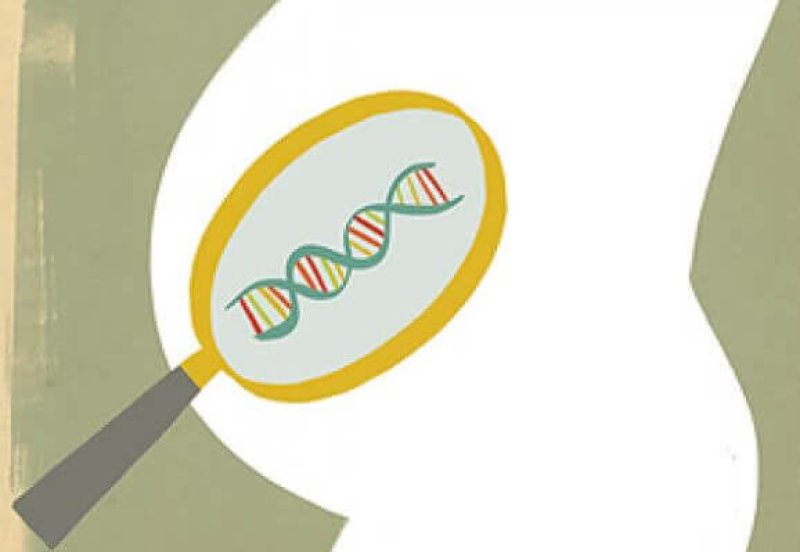Approximately three per cent of pregnancies will have an abnormality in the structure of the developing baby, which is detected by a routine prenatal ultrasound scan. These can include problems with the baby’s heart, brain, skeleton or in some cases, multiple organs.
Having detected a problem with the baby’s development using prenatal ultrasound, parents will want to know the likely outcome for their child, however there can be many different possible causes of the abnormality.
In the largest study of its kind, researchers at the Wellcome Sanger Institute and their collaborators provided a genetic diagnosis for around 10 per cent of pregnancies with detected abnormalities. Without genetic testing, the genetic changes causing the developmental problem would not have been detected by standard diagnostic testing.
The research supports the mainstream use of more detailed genetic testing alongside other tests in order to provide better information to parents about how their child is likely to be affected.
…
The results from this study were fed back to the families via their genetic counsellors to help them decide on treatment or management for the condition. Most of the diagnoses made were of conditions that have a low risk of recurrence in future pregnancies.
Read full, original post: Genetic testing can identify disorders in pregnancy































